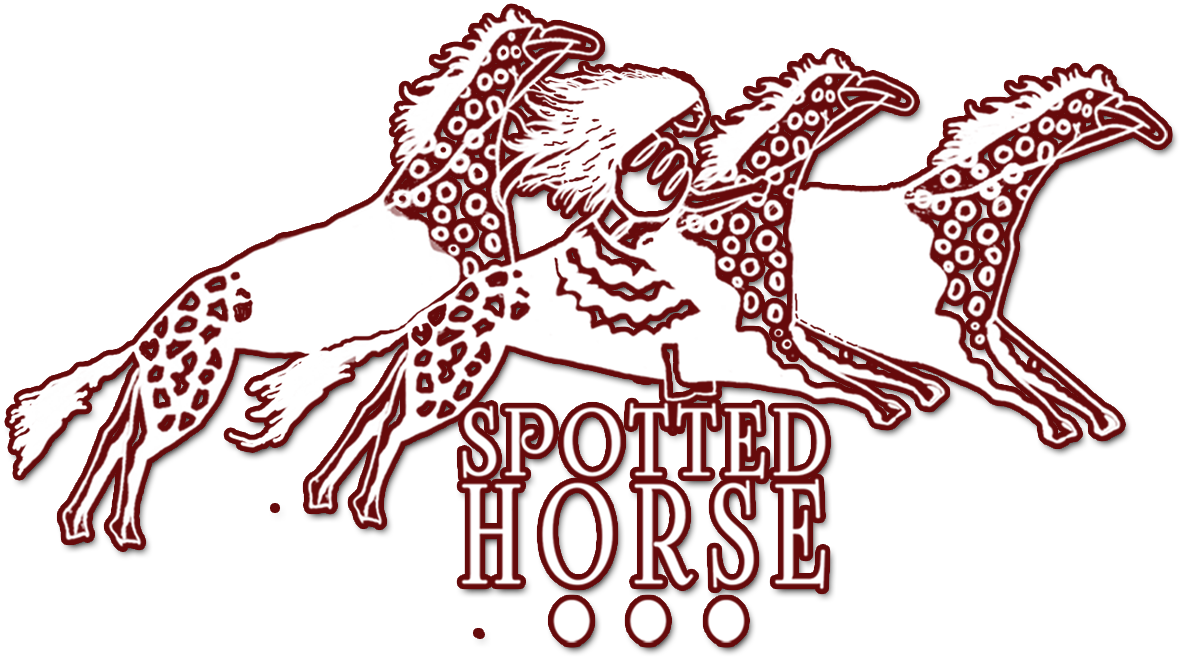Radio Interview : Winona LaDuke on restoring ethics to public policy, competing ethoses and how to convince "humans to do good things, not just for the one percent, but for all of us."
EVENT Winona LaDuke -- "Ethics in Public Policy"
On Thursday, March 17th from 7 p.m. – 9 p.m., UMD’s Center for Ethics and Public Policy is co-sponsoring a public lecture by Winona LaDuke on returning ethics to public policy discussions. The event will take place at UMD’s Bohannon Hall (Room # 90).
This event is free and open to the public.
Abstract: The ethics of public policy in the l900s were at an all-time low. During this time, Native lands were taken for wildlife refuges by the state, and environmental protection was bowed to corporate interests. In this millennium, ethics must prevail in public policy. This should obtain via the rights of nature, the rights of peoples, and/or the protection of the civil rights of American citizens against excessive force. LaDuke will discuss broad environmental ethics and today's challenges of major oil pipelines and mining expansion.
Winona LaDuke is an Anishinaabekwe (Ojibwe) enrolled member of the Mississippi Band Anishinaabeg who lives and works on the White Earth Reservations. She is also the Executive Director of Honor the Earth, where she works on a national level to advocate, raise public support, and create funding for frontline native environmental groups. In 1994, Winona was nominated by Time magazine as one of America's fifty most promising leaders under forty years of age. She has been awarded the Thomas Merton Award in 1996, the BIHA Community Service Award in 1997, the Ann Bancroft Award for Women's Leadership Fellowship, and the Reebok Human Rights Award, with which she began the WELRP. She is a former board member of Greenpeace USA and serves, as co-chair of the Indigenous Women's Network, a North American and Pacific indigenous women's organization. In 1998, Ms. Magazine named her Woman of the Year for her work with Honor the Earth. She has written extensively on Native American and environmental issues. Her books include: The Militarization of Indian Country (2011), Recovering the Sacred: the Power of Naming and Claiming (2005), the non-fiction book All our Relations: Native Struggles for Land and Life (1999, South End Press), and a novel - Last Standing Woman(1997, Voyager Press).
This Center event is co-sponsored with UMD’s -- American Indian Studies (AIS), Geography, Urban, Environment and Sustainability Studies (GUESS), and Women, Gender and Sexuality Studies (WGSS)
This lecture is funded in part by the Global Awareness Fund and the Anishinabe Fund of the Duluth Superior Area Community Foundation. Moreover, additional funding was provided by the UMD Commission for Women.
For more information about this Event and The Center for Ethics and Public Policy, see https://sites.google.com/a/d.umn.edu/cepp/





